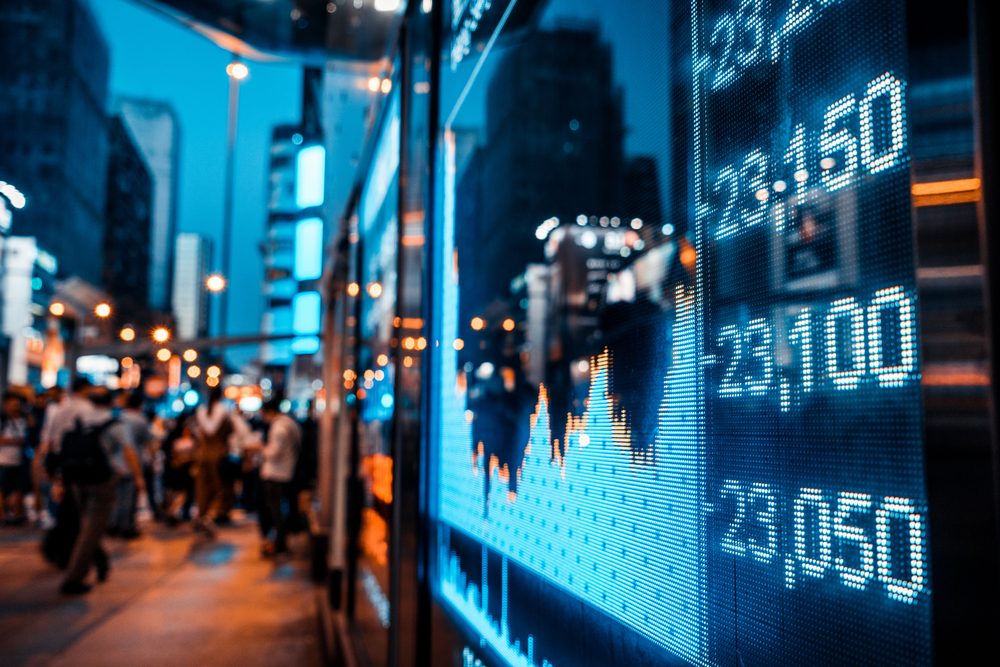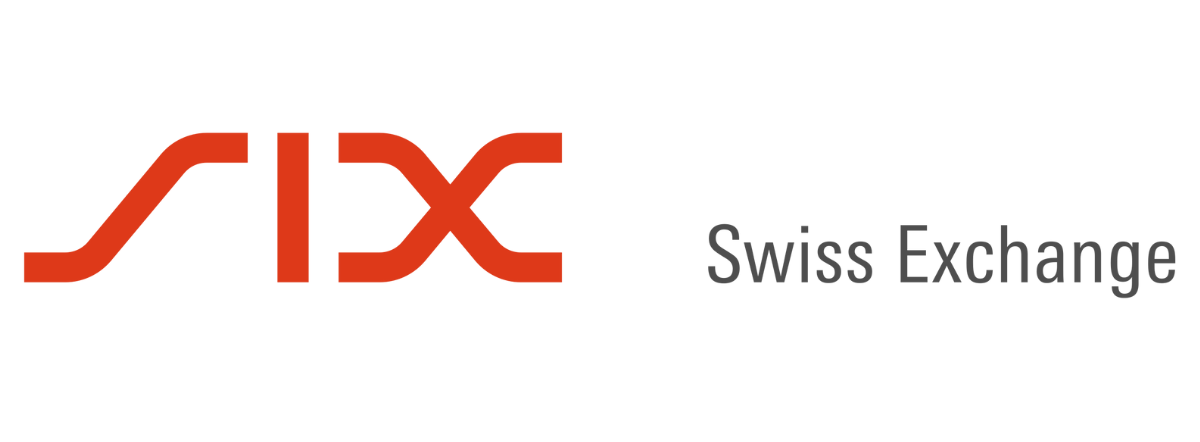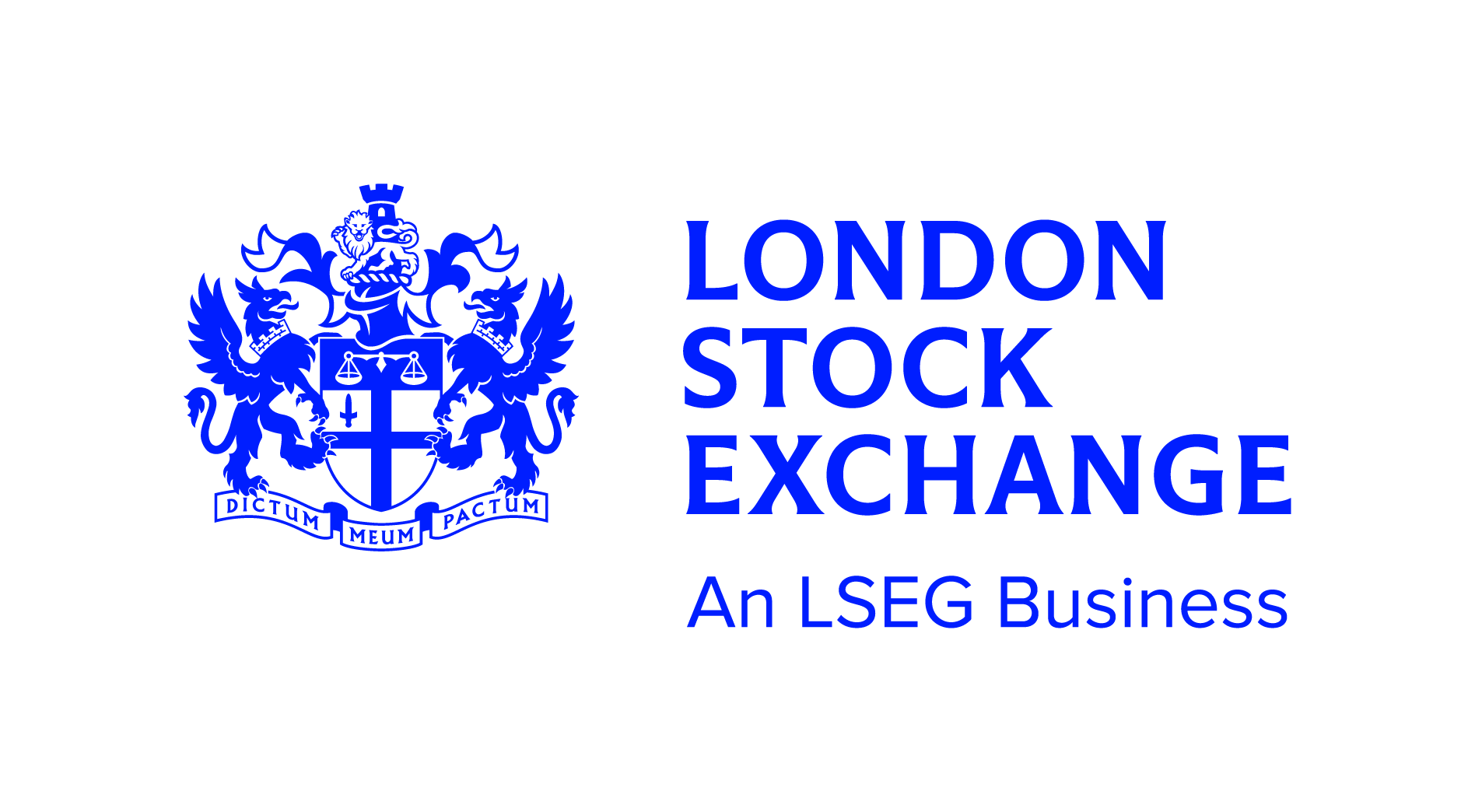SIX Swiss has become the last European exchange to halt trading on Russia ETFs leaving the products deeper in unchartered territory.
Effective 8 March, SIX suspended trading on several Russia ETFs until further notice and follows moves made by Euronext, Borsa Italiana, Deutsche Boerse and the London Stock Exchange last Friday.
The latest suspension means Russia-focused ETFs are now only trading over-the-counter in Europe.
Four ETFs comprising of the iShares MSCI Russia ADR/GDR UCITS ETF USD (CSRU), the iShares MSCI Eastern Europe Capped UCITS ETF (IEER), the HSBC MSCI RUSSIA CAPPED UCITS ETF (HRUB) and the Lyxor MSCI Russia UCITS ETF (RUSE) have all been suspended.
In a statement, SIX said: “SIX is always checking all securities on the SIX Swiss Exchange so that none of them are affected by the sanctions. If already listed securities are sanctioned for some reason (at any moment, now or in the future), they will be suspended from trading.
“Newly issued Russian securities, which should fall under the sanctions, will be recognised by our standard process and will not be admitted for trading.”
A BlackRock spokesperson added: “Secondary market trading for CSRU and IEER has now been suspended across all the official listings of the ETFs. This is effective 8 March, following the suspension of trading of both ETFs on the SIX Swiss Exchange.
“BlackRock will continue to monitor the situation and provide updates on future developments related to CSRU and IEER.”
Russia’s invasion of Ukraine and the subsequent collapse of the Russian stock market have placed ETFs in an “unprecedented” position after the closure of the exchanges.
The move follows a flurry of suspensions in the past week which saw all Russian ETFs stop creation and redemption trading of the ETFs as liquidity vanished in the Russian market.
The Russian equity market was labelled “uninvestable” by the world’s largest index provider MSCI following the shuttering of the Moscow Stock Exchange on Monday while the Russian Central Bank has also barred foreign investors from selling their assets.
Related articles







